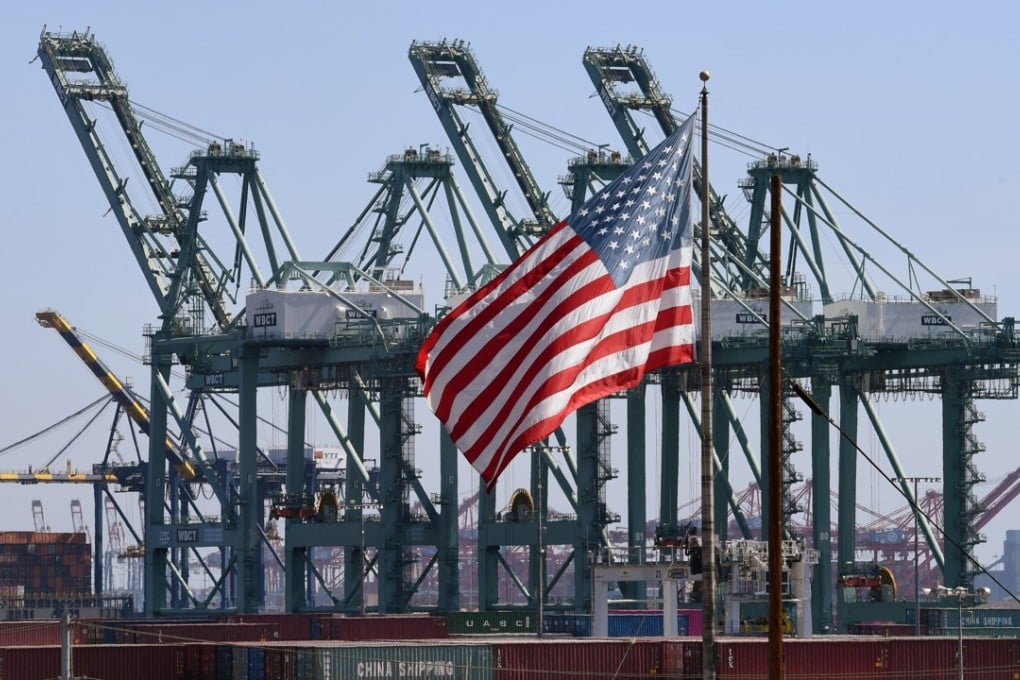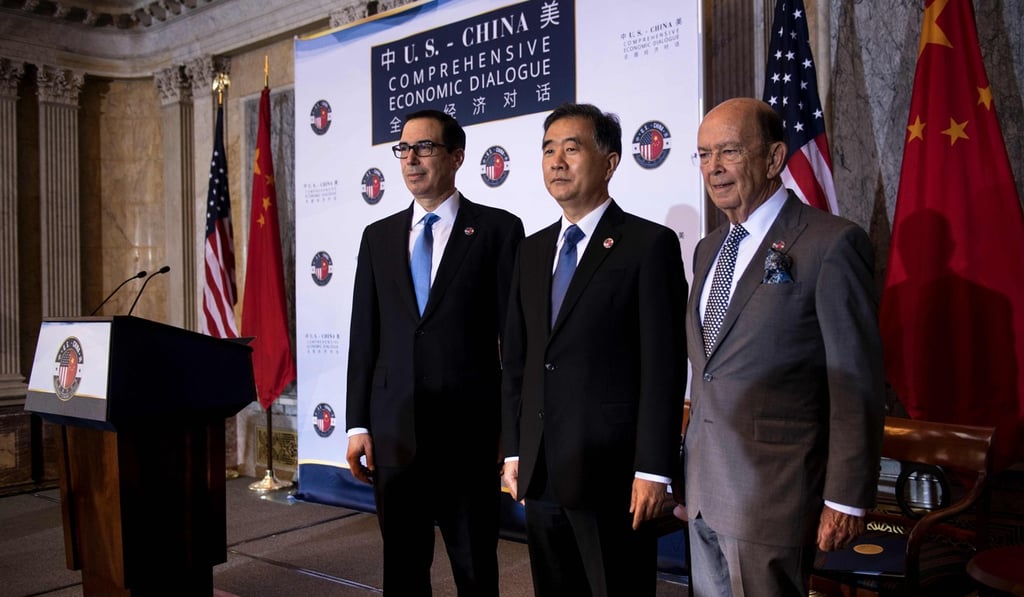Trump’s trade war: the one thing he does know is that doing nothing is not the answer
As Donald Trump tries to do something – anything – to curtail the mass transfer of technology to China, we look at tariffs in the context of US efforts to rein in abuse of intellectual property rights, in the conclusion to a two-part exploration of the trade war

The summer of 2017 marked six months of almost constant turmoil in the presidency of Donald Trump. On July 1, an editorial headline in The New York Times read, “President Trump, Melting Under Criticism. Unlike his predecessors, this president can’t seem to take the heat.”
Two days later, Times columnist and Nobel Prize winner Paul Krugman, focusing on the United States’ trade dispute with China wrote a scathing piece headlined, “Oh! What a Lovely Trade War. Let’s do something stupid to please the base.”
Another Times columnist, Charles Blow, wrote, under the headline, “The Hijacked American Presidency” that “a madman and his legislative minions are holding America hostage.” Ostensibly a piece about Trump’s nastiness to the media, Blow began, “Every now and then we are going to have to do this: Step back from the daily onslaughts of insanity emanating from Donald Trump’s parasitic presidency and remind ourselves of the obscenity of it all, registering its magnitude in its full, devastating truth […] We must remind ourselves that Trump’s very presence in the White House defiles it and the institution of the presidency.”
An on and on. It had been like this since Trump announced his candidacy for president. The obloquy only worsened once he took office. An investigation by special prosecutor Robert Mueller into possible collusion between the Trump campaign and “the Russians” had started in May. A July meeting with Vladimir Putin did nothing to dispel Democrat claims that he was the Russian leader’s boy. He hired a Wall Street loudmouth as communications director, which caused his press secretary to quit. The Wall Street loudmouth left just days later after badmouthing Chief of Staff Reince Priebus and chief strategist Steve Bannon, both of whom left soon afterwards.
Trump was feuding with Germany, Britain, the rest of Europe and Nato. He was simultaneously calling on South Korea to help pressure North Korea, with whom he was in an unprecedented war of words, to give up its nuclear arsenal while asking Seoul to renegotiate its bilateral trade agreement with the US. In a cabinet meeting about the Koreas, Secretary of State Rex Tillerson said, to no one in particular, “He’s a f**king moron.” He was at odds with leaders of Canada, Mexico and Australia, and seemed indifferent to alienating just about every country in the world that he might need on the US side in the event of a trade war with China.

So when, after a failed July 2017 meeting in Washington between Chinese Vice-Premier Wang Yang, US Commerce Secretary Wilbur Ross and US Treasury Secretary Steven Mnuchin, the US administration began ratcheting up the pressure on Beijing to narrow the trade gap between the two countries and find ways to stop what it believed were Chinese violations of US intellectual property (IP) rights, it was business as usual in a crazy administration.
Trump seemed to have a resolve that his predecessors lacked, yet few were willing to go on the record backing him, or even to say that he was headed in the right direction. His threat to use tariffs against China, reminiscent of Bill Clinton’s threat to do the same in 1996 over Beijing’s failure to protect US intellectual property, caused an outpouring of contempt from the US elite, just as Clinton’s threatened 100 per cent tariffs on US$2 billion of Chinese imports had.